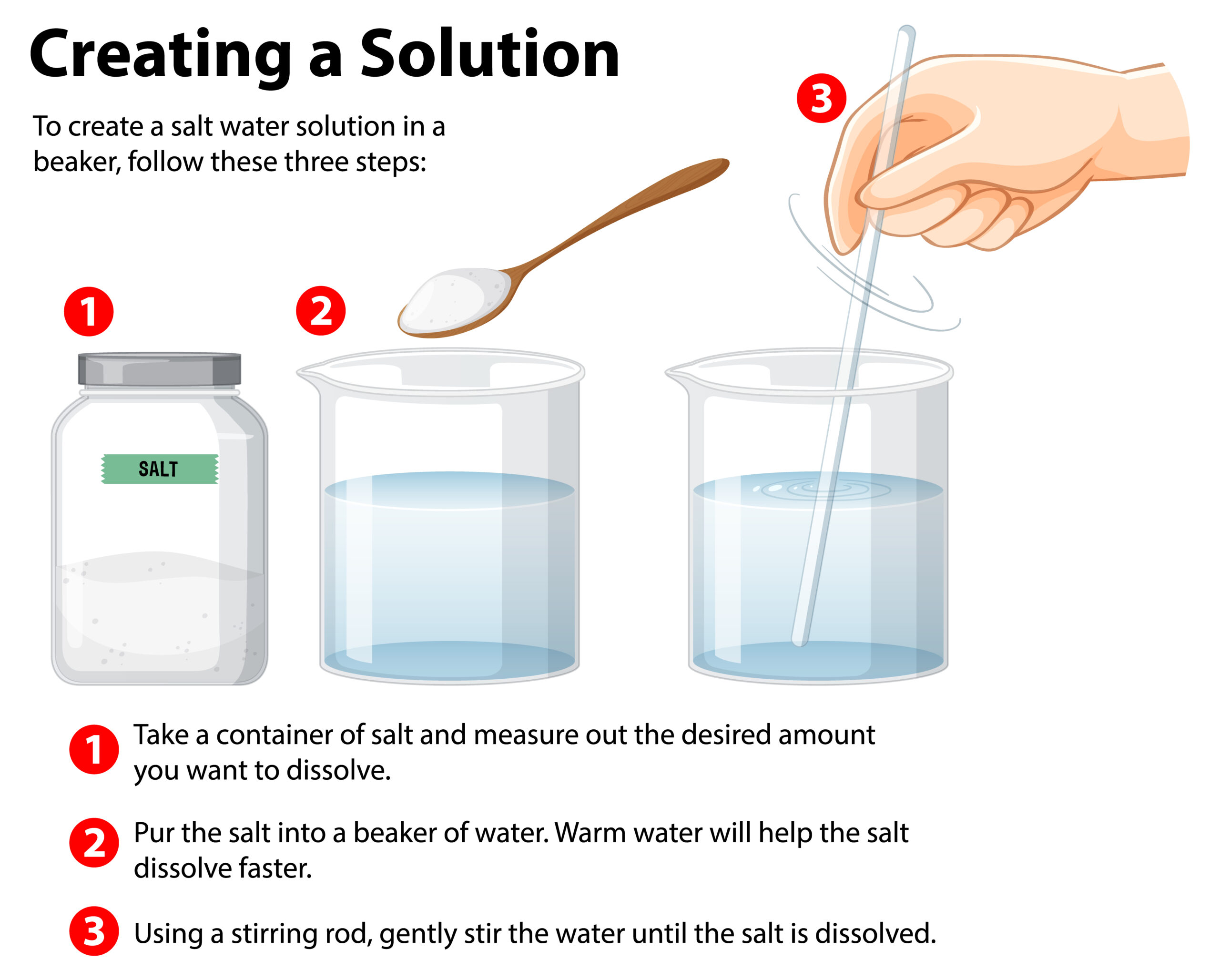What is the pH of a salt solution

pH of Salts :
The aqueous solutions of all kinds of salts do not have the same pH value.
What is the ph of a NaCl solution:
(i) Salts of strong acids and strong bases : Sodium chloride (NaCl), potassium nitrate (KNO3), sodium sulphate (Na2SO4), etc., are salts of this category. The aqueous solutions of these salts are neutral with pH value of 7.
(ii) Salts of strong acids and weak bases : Aluminium chloride (AlCl3), copper sulphate (CuSO4), zinc sulphate (ZnSO4), etc., are salts of this category. The aqueous solutions of these salts are acidic with pH value less than 7.
(iii) Salts of weak acids and strong bases : Sodium acetate (CH3COONa), sodium carbonate (Na2CO3) and sodium hydrogencarbonate (NaHCO3) are examples of this category of salts. The aqueous solutions of these salts are basic in nature with pH value more than 7.
People also ask
- Relationship between pH values and molarity of acids and alkalis
- Concept of the pH Scale
- Role of pH in everyday life
- What is the definition of an acid and a base?
- What is the definition of an acid in chemistry?
- What is the definition of a base in chemistry?
- Classification of Acids
- Preparation of Acids
- What are the chemical properties of an acid?
- General Properties of Acids
- Uses of Acids
- Preparation of Bases
- General Properties of Bases
- What determines a Strong Base and a Weak Base
- What are the uses of Bases
- How can we measure the strength of acids and alkalis?
- How to calculate concentration of acids and alkalis?
- How do you prepare a standard solution?
- What is meant by a neutralization reaction?
- How does titration determine concentration?
